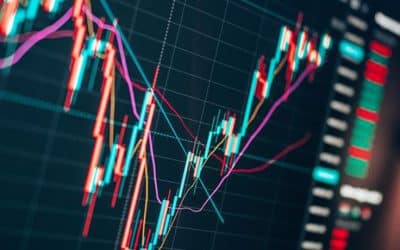What does the rise in euro area bond yields mean for the economy?

Redacción Mapfre
Rising yields are the natural result of the change in expectations about monetary policy and inflation we’re witnessing. However, given the starting levels, they’re still very low by historical standards; often even below pre-pandemic levels. Moreover, with CPI’s around 5% in Europe, 10-year yields around 0% in Germany or below 2% in Spain or Italy are relatively very low. The so called “real rates” are at their historical minimums. This is all to say that the rise so far is not dramatic at all, but very reasonable.
Having said the above, this slightly higher yields might be healthier over the longer term. The extraordinary low levels they reached some months ago are the result of emergency policy measures, then they should not last longer than the emergency itself. Not so low real rates or a bit higher nominal yields are not only more positive for the pension and insurance industry, as the interviewer suggests, but in general, they are less distorting for economic decisions of all agents. Then, we can initiate the path towards a more efficient allocation of capital based on the actual prospects of real investments, and not so much on the expected value of money.
This process, however, is well under control since a great share of European bonds are part of the ECB balance sheet. To some extent, this limits the upwards potential to yields, guaranteeing that the whole process is smoother than otherwise.
Alberto Matellán, chief economist at MAPFRE Inversión


